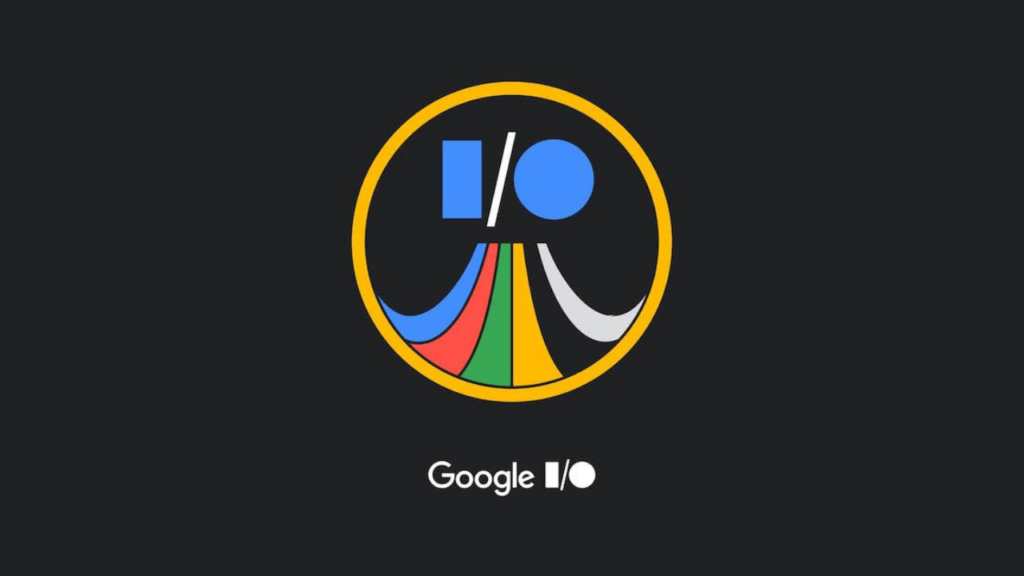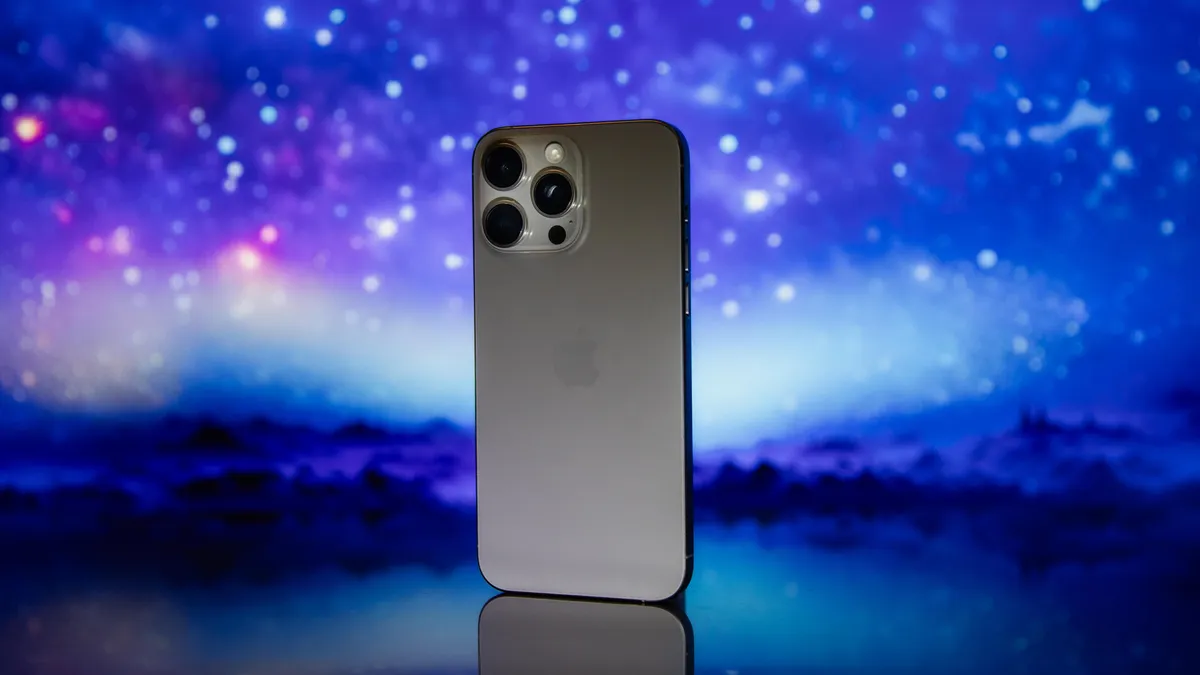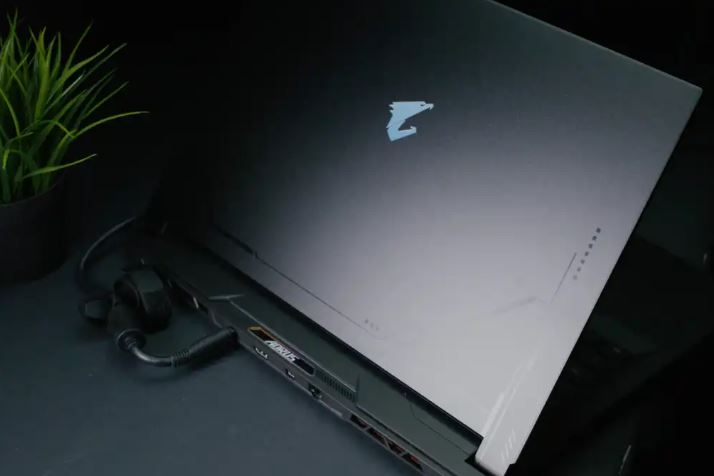
While Google I/O 2025 brought an impressive array of innovations—from AI-generated video with synchronized sound to advanced AR glasses and virtual try-ons for clothing—smart home enthusiasts were left largely empty-handed. For all the excitement around Gemini, Google’s new flagship AI, its presence in the smart home category was little more than a whisper during the keynote. The only remote mention came when a Google executive casually stated that Gemini would be coming to “your watch, your car dashboard, even your TV.” If we count the Google TV Streamer under the broader smart home umbrella, that was the extent of the nod.
Officially, Google has confirmed that Gemini is coming to Nest devices, and some users have already been trying it out in public preview form on Nest speakers. Back in March, the company teased a “new experience powered by Gemini” for its smart displays and speakers. It also gestured toward a future of “more helpful home devices,” referencing last year’s launches: the fourth-gen Nest Learning Thermostat and the Google TV Streamer, the latter of which doubles as a Matter-enabled smart home hub.
However, that optimism has been dampened by a series of recent retreats. Google has been steadily withdrawing from several smart home categories, discontinuing the Nest Protect smoke/CO alarm and the Nest x Yale Lock, with third-party brands like First Alert and Yale now expected to fill the void. Furthermore, support was recently dropped for first- and second-generation Nest Learning Thermostats. Although the devices still function manually, they no longer work with the Nest or Google Home apps, and remote access has been disabled. Adding to concerns, Google announced a full exit from the thermostat market in Europe, citing the complexity of local standards and infrastructure.
Individually, these decisions might seem like typical product lifecycle developments—older models retired, shifting strategies, regional differences. But together, the pattern is harder to dismiss. The lack of new smart home hardware, the quiet removal of longstanding features from Google Assistant, and Google’s exit from key product lines raise valid questions about its long-term commitment to the Nest ecosystem.
It’s possible that this is simply a transitional phase. Maybe, just maybe, Google is gearing up for a major Nest relaunch this fall—one built around Gemini-powered displays and speakers that better showcase its AI-first ambitions. But for now, the Nest faithful are being asked to wait—and hope—that smart home innovation hasn’t been quietly shuffled to the back of Google’s priorities.




